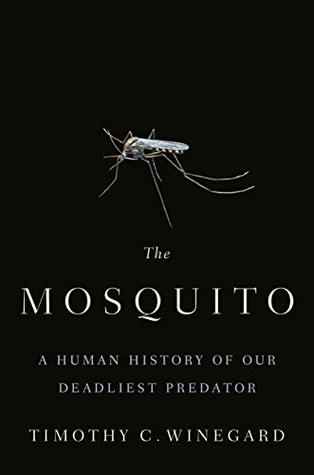More on this book
Community
Kindle Notes & Highlights
Malaria compounded by dysentery soon swallowed the Persian ranks, with losses upwards of 40%. This straggling, scarecrow Persian force was shattered at the Battle of Plataea in August 479 BCE,
The multitude of people who originally lived on the island . . . was consumed at such a rate that in these eight years 90 per cent had perished.
The loss of hereditary immunity had unforeseen and lasting consequences. This increasing susceptibility to mosquito-borne diseases, as we will encounter during the American Civil War, also equated to higher death rates, which fueled the demand for more and increasingly expensive slaves. Given that the slave trade was illegal and the British Royal Navy was diligently patrolling the West African coast, forced breeding and plantation rape became not only extremely lucrative but also exceedingly common.
Disney would have us believe that Jamestown, though a fledgling settlement, was a peaceful and promising one. In its vision, Pocahontas and Smith run barefoot through the utopian natural splendor of the New World, frolicking in its idyllic waterfalls. In truth, the situation at Jamestown was a cannibalistic, mosquito-ravaged mess. The early, improvident colonists were devoured by malaria. It was reported that a first-wave settler was burned at the stake for murdering and cooking his pregnant wife during the winter of 1609–1610, known as the “Starving Time.”
Human experimentation and frequent aerial tests on cities, most notably with cholera flies and plague, killed upwards of 580,000 Chinese civilians. This deliberate biological infection was finally acknowledged by Japan in 2002. The culmination of the tests was to be a biological attack on California, using plague bombs carried by one-way flights or by timed balloons delivered on target by prevailing wind currents. Japan surrendered in the face of nuclear annihilation before the biological menace of “Operation Cherry Blossoms at Night” could be put into effect.
With a defeatist attitude following the termination of the WHO’s Malaria Eradication Programme in 1969, it was easier for the world to forget or ignore the mosquito’s resurgent renaissance than to pony up billions of dollars for research and eradication that could never be recouped. After all, 90% of malaria cases occurred in Africa, where most victims could not afford antimalarial drugs anyway.


